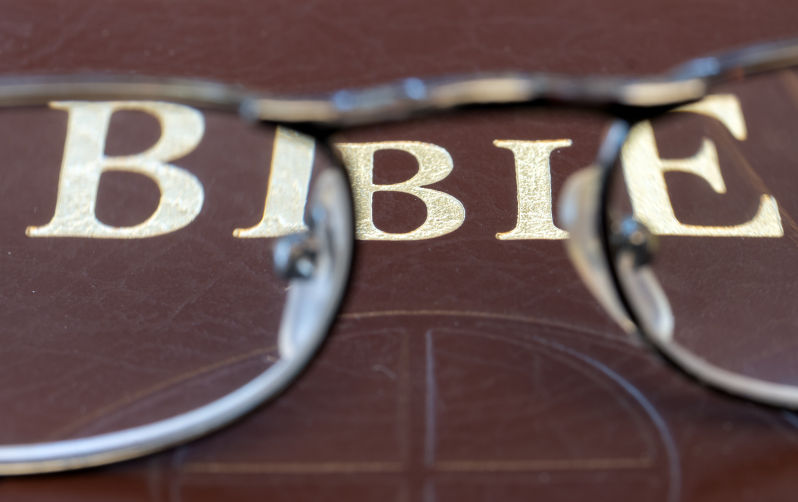The Bible, the Hawking Index, and the case for critical engagement
February 25, 2025
If a younger me had come across an article written by an older me arguing that the Bible should be taught in schools, I’d have assumed some serious u-turn was in my destiny.
Have I suddenly gone happy-clappy? Have I joined some evangelical revival? A hard no to both. But hear me out – this isn’t about preaching. It’s about critical thinking, intellectual engagement, and treating one of the most influential texts in history like any other major literary or philosophical work.
The Hawking Index, named after Stephen Hawking because of A Brief History of Time’s reputation for being started but not finished, estimates how far readers get in a book by analysing the most highlighted passages on e-readers. If quotes cluster at the beginning, it suggests many give up early. This happens with religious texts too. The Bible, especially Genesis 1, is often read selectively, with little engagement beyond its opening chapters.
The Bible is both a source of belief and a cultural text, but it often works on two levels. Many people use it selectively, drawing on convenient passages while ignoring the broader context. The same goes for its critics. Theological debates, sceptical arguments, and casual discussions frequently fixate on Genesis 1 and 2, overlooking later complexities. This happens not because these chapters are the most important, but because they come first, before genealogies, laws, and poetry make the reading harder.
A similar pattern plays out in education. Despite its literary and historical significance, the Bible is often missing from Australian literature curricula. Not because it lacks relevance, but because of assumptions about religion’s place in schools. Yet excluding it from critical study does students no favours. Like any canonical text, it can be analysed for themes, contradictions, historical context, and influence. It’s not about belief, but about understanding a text that has shaped much of human history.
This selective engagement also leads to misrepresentations, especially around creation. Many critiques — especially from non-theists — attack a version of creationism that few believers actually hold. This is a classic straw man fallacy, misrepresenting an argument in a weaker form for easier refutation. The assumption that all theists believe in a literal six-day creation ignores significant theological diversity.
Genesis actually presents two different creation accounts. Genesis 1:1–2:3 describes an orderly, cosmic creation over six days, ending in divine rest. Genesis 2:4–25 is more intimate, with Adam created before plants and animals, and Eve formed later. Their differences in structure, emphasis, and sequence suggest they were never meant to be read as literal history, but as complementary theological statements.
Many non-theists reject Genesis based on a rigid, literal reading, assuming all believers do the same. Yet within Jewish, Catholic, and mainline Protestant traditions, these accounts are often seen as metaphorical, conveying theological truths rather than scientific facts. To dismiss them purely for scientific inaccuracy is to argue against a position most theologians don’t hold, a textbook straw man.
The internal contradictions between Genesis 1 and 2 suggest they were meant as literary and theological explorations, not strict historical accounts. Ironically, atheist critiques that insist on a literalist interpretation align with the very fundamentalist readings they seek to disprove. Both believers and non-believers would benefit from reading more carefully.
As with books measured by the Hawking Index, many religious debates rely on surface-level readings rather than deep engagement. The Genesis creation stories show this clearly. Much of the discussion critiques a simplistic framework that few actually endorse. If more people read beyond the first pages, whether of Genesis or any other book, discourse could move beyond straw men and toward a richer understanding. Similarly, including the Bible in education, not as doctrine but as a literary and historical text, would encourage deeper thinking about history, philosophy, and culture. If that idea still makes my younger self uneasy, maybe he should have read a little further.


